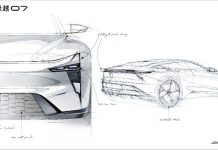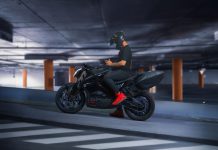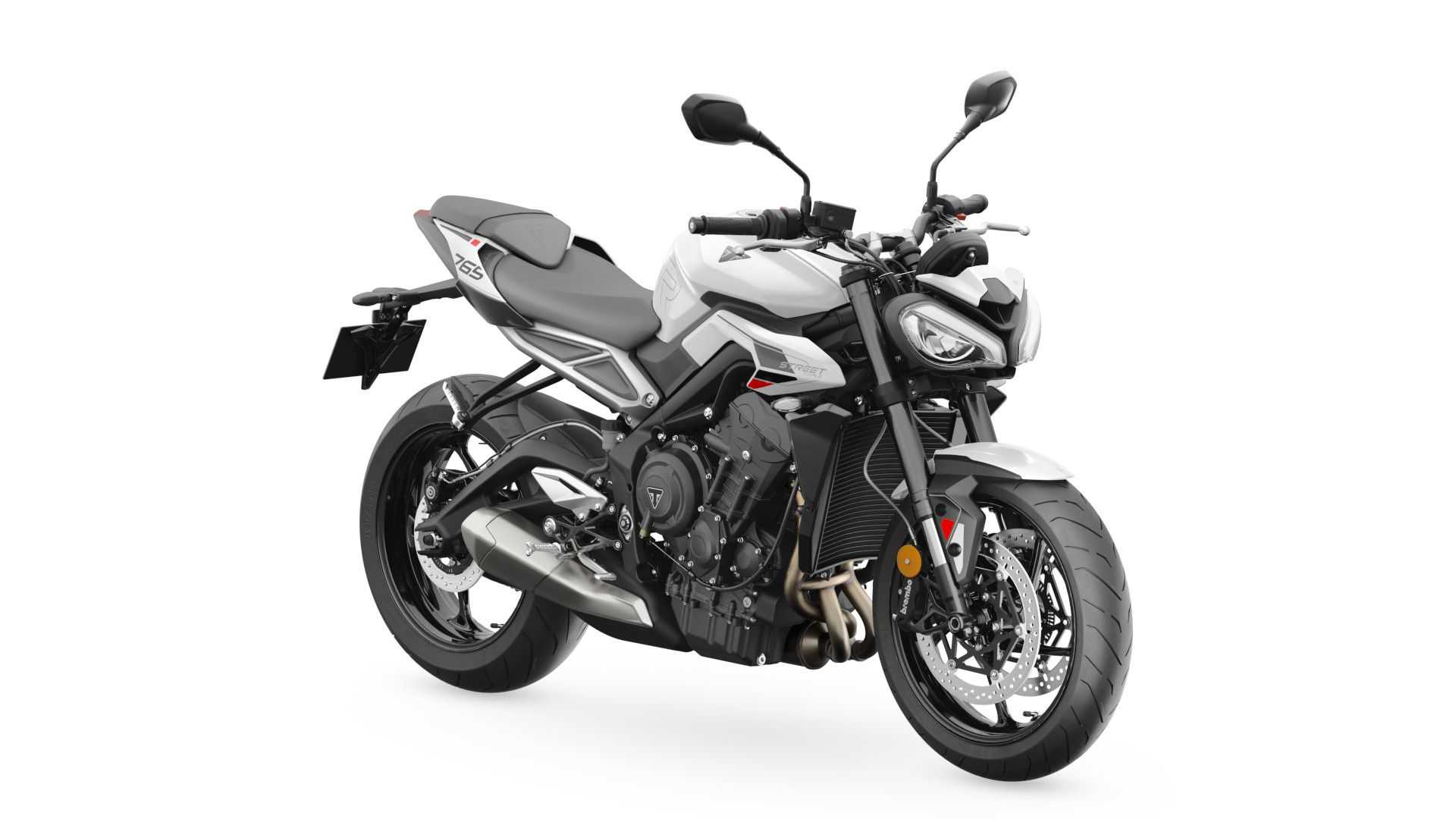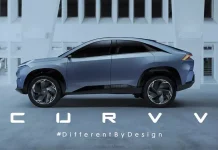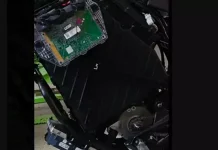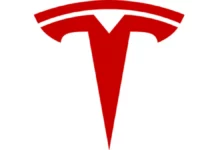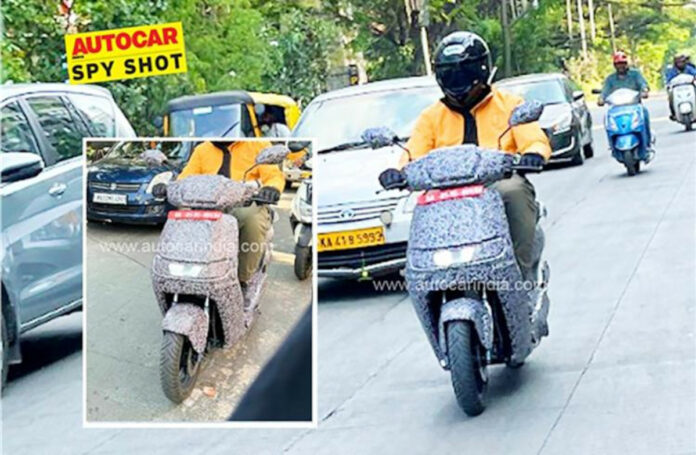Electric Scooter
- A mystery scooter has been spotted testing on Bengaluru’s Bannerghatta Road.
- The scooter appears to be different from the popular TVS iQube electric scooter.
- The scooter has a high handlebar position, a telescopic fork, a front disc brake, and an LED headlight.
- It is unclear whether the scooter is petrol-engined or electric.
- Some possible contenders for the scooter include Ather Energy, Ultraviolette Automotive, and River.
- The scooter appears to be production-ready, so we should know more about it soon.
Mystery scooter
It’s intriguing that even though the scooter bears some resemblance to the TVS iQube, there are enough distinctive elements to suggest that this is a fresh design. The high-set handlebars and the LED headlight designs are particularly noteworthy, indicating that whoever is behind this model is keen on blending ergonomics with modern aesthetics.
Bengaluru’s position as a prominent hub for EV startups does make it a hotbed for such sightings. Given the boom in the electric two-wheeler market, many companies are diving into the race to create the perfect electric scooter for the Indian audience, blending style, performance, and comfort.

TVS iQube, Ather Energy and Ultraviolette Automotive
Out of the mentioned contenders, Ather Energy has been a significant player in the EV market, and it won’t be surprising if they’re gearing up to launch another groundbreaking product. Their track record of innovative designs and tech-driven features makes them a top contender. On the other hand, Ultraviolette Automotive and River are also potential candidates. Both have been pushing boundaries in their respective segments and might be aiming for a bigger slice of the burgeoning EV market.
Let’s explore the pros and cons of what we’ve discussed above, i.e., the emergence and development of new EV scooters in India, especially in tech hubs like Bengaluru:
Pros:
- Sustainability: Electric scooters produce zero direct emissions, making them more environmentally friendly compared to petrol-driven scooters.
- Cost-effective: Running costs for electric scooters are usually lower than their gasoline counterparts. With the price of electricity being relatively stable, it provides consistent savings over time.
- Local Production: With the “Make in India” initiative, locally-produced EVs might get benefits like tax incentives, which can make them more affordable to the end consumer.
- Technological Advancements: The presence of tech companies and startups in Bengaluru can lead to rapid innovations in scooter designs, battery technology, and integrated tech features.
- Economic Growth: As more companies dive into the EV market, it can lead to job creation and boost the local economy.
- Reduced Dependency on Oil: As the number of EVs increases, the country’s dependency on oil imports might reduce, leading to economic and strategic benefits.
- Quieter Rides: Electric scooters are generally quieter than gasoline ones, leading to reduced noise pollution.
Cons:
- Initial Cost: Even though the running costs are lower, the initial price of electric scooters can be higher than traditional ones.
- Battery Life and Replacement: Over time, the batteries of EVs degrade and need replacement, which can be expensive.
- Charging Infrastructure: While cities like Bengaluru are progressing, the charging infrastructure in many parts of India is still underdeveloped, making it challenging for potential EV owners.
- Range Anxiety: Limited range and longer refuelling time compared to petrol pumps can lead to range anxiety among users.
- Power Source: If the electricity used to charge the scooters comes from non-renewable sources, it might offset the environmental benefits to some extent.
- Economic Displacement: As the EV market grows, traditional mechanics and those involved in the petrol vehicle ecosystem might face challenges in adapting.
- Limited Options: Currently, there might be limited models and options available in the EV market compared to the traditional vehicle market.
Production-ready
Another aspect to consider is the growing focus on localization. The Karnataka registration of the scooter suggests that the company behind it is keen on emphasizing its local roots, which resonates well with the Indian government’s push towards ‘Make in India’ and the increased focus on sustainability.
For now, enthusiasts and potential customers alike will have to wait with bated breath for an official announcement or another sighting that provides more clarity. As always, the EV space in India continues to excite and surprise, promising a future where sustainable mobility solutions are both accessible and aspirational.



